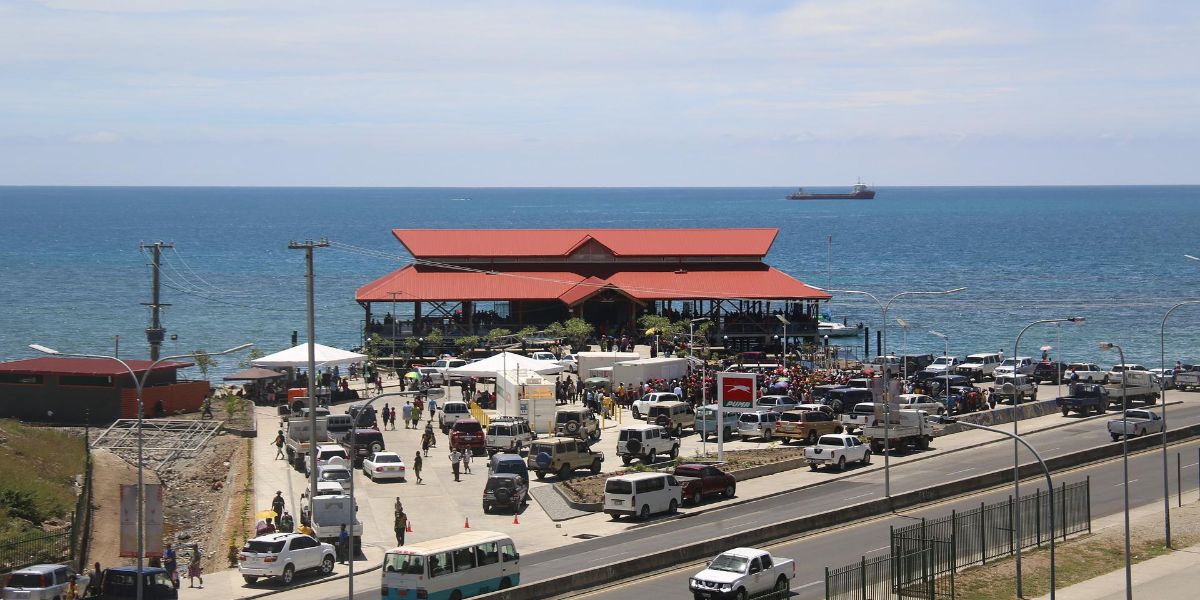On 28 February 2022 the OECD released updated transfer pricing country profiles for 22 countries, together with new transfer pricing profiles for six more countries. This is the third batch of updates for 2021/22.
The OECD transfer pricing profiles cover OECD member countries and a number of member countries of the Inclusive Framework on base erosion and profit shifting (BEPS). The new country profiles all relate to members of the Inclusive Framework, providing information on transfer pricing in Honduras, Iceland, Jamaica, Papua New Guinea, Senegal and Ukraine.
The 18 updated transfer pricing profiles relate to Brazil, Canada, Chile, China, Croatia, Dominican Republic, Estonia, Finland, Greece, Hungary, Israel, Korea, Liechtenstein, Lithuania, Luxembourg, Malta, Panama, Portugal, Slovenia, the United Kingdom, Uruguay and the United States.
The information in the OECD transfer pricing profiles is completed by the countries themselves so the profiles are able to achieve a high level of accuracy. The profiles consist of the answers to a standard series of questions on aspects of the transfer pricing rules in each country. Information is included on each topic and there are references to the relevant laws and regulations.
The country profiles cover the most relevant transfer pricing issues including the arm’s length principle, transfer pricing methods, the comparability analysis, intangible property, intragroup services, cost contribution arrangements, transfer pricing documentation, simplified procedures and safe harbours.
They cover administrative approaches to preventing and resolving disputes including rulings, enhanced engagement programs, advance pricing agreements and the mutual agreement procedure (MAP).
The profiles also include information on the law and practices relating to the transfer pricing of financial transactions, covering any specific guidance available on the issue and any other rules or regulations outside the transfer pricing rules that would be relevant to the tax treatment of financial transactions.
The information includes details of the way in which the countries apply the Authorised OECD Approach to the attribution of profits to permanent establishments; or details of any other approach adopted.
The profiles examine to what extent the rules in each jurisdiction adhere to the provisions of the OECD Transfer Pricing Guidelines. In 2017, the country profiles were significantly modified to reflect the changes resulting from the OECD/G20 BEPS reports on Actions 8 to 10 (ensuring that transfer pricing outcomes are in line with value creation) and Action 13 (three-tier documentation).
The relevant section of the OECD website now contains transfer pricing country profiles for a total of 69 countries. The website also includes separate information on the legislation and administrative practice of 40 countries in relation to hard-to-value intangibles (HTVIs).
The OECD intends to release further updates to the transfer pricing country profiles during the first half of 2022.














